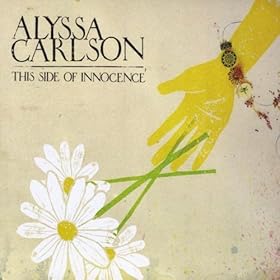Brad Paisley’s ninth studio album, This Is Country Music, is the most consistent offering from start to finish of his 12-year career. Despite numerous guest appearances (including Don Henley, Alabama, Clint Eastwood, and features duets with Carrie Underwood and Blake Shelton), the fact that Paisley is the star of the show is a true testament to his distinctive musical identity.
Starting off with the first two singles “This Is Country Music” (the previous number two hit), and “Old Alabama” (his Alabama homage and seventeenth number one single), the album immediately lives up to its name. The latter song includes snippets of some of country group Alabama’s best known hits, as well as guest vocals by band members Randy Owen, Jeff Cook and Teddy Gentry, while the title track includes such lyrics as “You’re not supposed to say the word cancer in a song/And telling folks that Jesus is the answer can rub ‘em wrong/But this is country music and we do/So turn it on and turn it up and sing along.”
The album’s tone is set by the two aforementioned hits and continues throughout, as evidenced in the Rivers Rutherford penned “A Man Don’t Have to Die,” where Paisley sings “It’s payments that you can’t make on a house that you can’t sell/See, a man don’t have to die to go to hell,” which is one of only three tracks among the 15 selections not co-written by Paisley.
One noticeable difference between this and previous Paisley albums is a seemingly conscious decision to dial down the gimmicky novelty songs he’s typically associated with, although they do make an appearance on the humorous “Tan,” the witty toe tapper “Toothbrush,” and the tongue-in-cheek duet with Blake Shelton “Don’t Drink the Water.” However, with that being said, the brief comic relief is a welcome and needed element to keep the album’s more serious themes (cancer, foreclosure, and death) in musical balance. Country music doesn’t always have to be a downer, it can also be about fun and having a good time. After all, Paisley has built a career around feel good country anthems, as well as brilliant instrumentals such as the western tribute “Eastwood,” which contains a spoken intro by Clint Eastwood himself. Longtime Paisley producer Frank Rogers helms production duties here, as he does on all of Paisley’s previous musical output; the two make a winning team without becoming predictably formulaic.
This Is Country Music wraps with the southern gospel hymn “Life’s Railway to Heaven” (previously recorded by the Carter Family, Merle Haggard, and Patsy Cline), and features exuberant background vocal harmonies provided by Marty Stuart, Sheryl Crow, and Carl Jackson, which brings the album to its close with Paisley repeating the line from the title song’s chorus, “So turn it on and turn it up and sing along.” Paisley’s latest is not just good country music, but an impressive example of today’s country at its finest.


